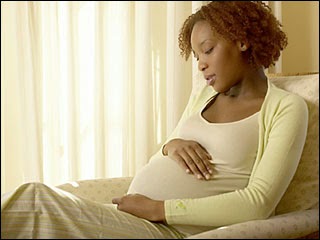Common Problems That May Delay Conception: Uterine Fibroid
Common Problems That May Delay Conception: Uterine Fibroid

Uterine fibroids are non-cancerous growth on the walls of the uterus. Fibroids cause no harm until they become really large and press on the walls of other organs and cause pain. It is very common among women between 30-45 years and large fibroids can decrease the space in uterus leading to infertility and miscarriage. Fibroids generally happen during pregnancy and change the entire environment of the uterus; it can cause early miscarriages and birth deformities if the fibroids press on the body of the foetus.
Can Fibroids Decrease Fertility?
Uterine fibroids are common, and they are found in 5-10% of infertile women. Certain types of fibroids are known to decrease fertility. They include fibroids that are inside the uterine cavity and very large fibroids (>6 cm in diameter) that are located within the wall of the uterus. Because most women with fibroids will not be infertile, they and their partners should have a thorough evaluation to detect other problems that can decrease fertility. A fertility specialist can help determine if fibroids might be hampering their ability to conceive.
How Do Fibroids Cause Infertility?
There are several explanations for why uterine fibroids may reduce fertility.
- Changes in the position of the cervix (the vaginal opening to the womb) due to fibroids located above it may affect the number of sperm that can travel through the cervix.
- Changes in the shape of the uterus can interfere with sperm movement.
- Blockage of the fallopian tubes by the fibroids.
- Affecting the blood flow to the uterine cavity where the embryo would implant.
- Changes in the uterine muscle that prevents movement of the sperm or the embryo.



